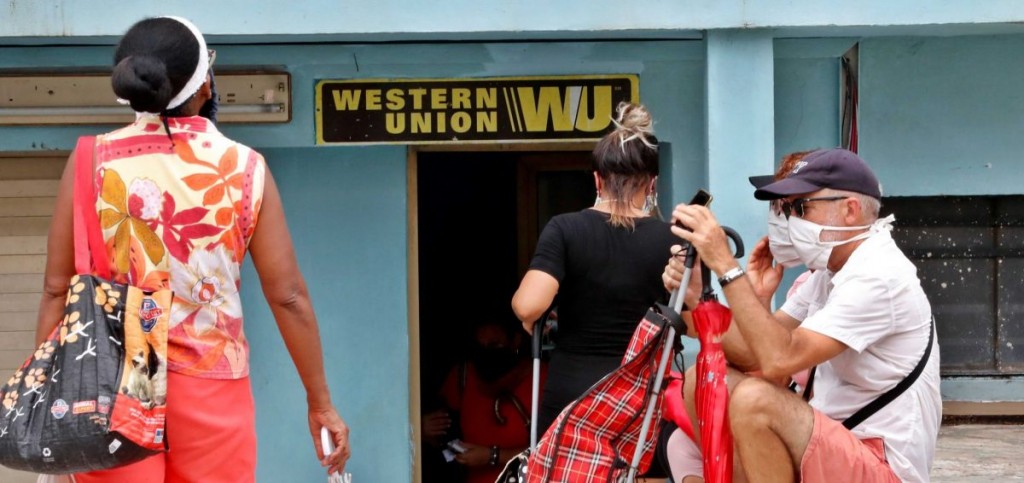Denisse Delgado
Public Policy Ph.D. student UMass Boston
During the COVID-19 crisis, Mexico and the Dominican Republic have been experiencing an unexpected increase in the remittance transactions. However, most of the countries in Latin America and the Caribbean saw a sharp decline in their remittance receipts in April, before they began to rebound in June of this year. The remittance flow to Cuba has been decreasing this year, and it is still expected to continue to drop.
The number of remittances to Cuba have been affected due to the COVID-19 impact on the countries of reception’s economy. Florida is home to the largest Cuban community of emigrants living abroad. As unemployment has increased in Florida, it has directly affected the Cuban community living there. Additionally, the number of remittances to Cuba have also been affected for two other reasons. First, the current Donald Trump administration has imposed restrictions on remittances setting a limitation of $1,000 per calendar quarter to an immediate family member in Cuba. Second, the lower remittance flow is also aggravated by travel restrictions imposed by the Trump administration, as well as the limitation of international flights to Cuba by the Cuban government as a measure to control the spread of the pandemic on the island. A significant part of remittances —be it money or products— enters Cuba through informal channels or the so-called mulas —people who bring money and goods to the island. Travel limitations decrease the number of remittances that enter Cuba through these channels.
During the quarantine, however, Cubans are exploring new ways to send remittances. A source highlights that it has become trendy among Cubans living abroad to send cryptocurrencies to a trusted contact in Cuba. The contact in Cuba delivers the equivalent in the local currency, either in cash or through bank transfers to the recipient’s Cuban bank account. This method favors not only families that receive remittances, but also entrepreneurs and enthusiasts of the cryptocurrency community in Cuba who access cryptocurrencies regularly.
In Latin America and the Caribbean, the impact of digital remittances is relevant, as the digital payment system is becoming popular among the entire immigrant population in the U.S. Digital remittances are now frequently used to pay bills for services such as electricity, water, gas, the home phone line, the monthly rent. Therefore, by sending digital remittances, family members living abroad from their home countries directly contribute to the payment of essential services necessary for their families. But the development of digital technology must go hand in hand with training in digital and financial education. Having a well-developed digital platform to send remittances to Cuba would help Cubans living abroad to keep supporting their families during this challenging time and fund businesses that foment development.
About the Author
Denisse Delgado is a Ph.D. student in the Public Policy at the University of Massachusetts, Boston. Her research focus has been on Cuban migration, remittances, and development. She is an active member of the International Organization for Remittances and Migration (IOREM) and a principal collaborator for Cuban Horizon at Columbia Law School. Denisse has been a visiting scholar at various universities, including the David Rockefeller Center for Latin American Studies at Harvard University and the Cuban Research Institute, Florida International University, where she was a visiting fellow last summer. This summer, Denisse was an intern in the Migration, Remittances, and Development Program at the Inter-American Dialogue, a think tank located in Washington DC. Before that, she was a researcher affiliated with the Havana think tank CIPS (the Research Center on Psychology and Sociology). Denisse earned a BA in Sociology from Universidad de la Habana and an MA in Social Development from Universidad Católica de Murcia. Delgado is currently exploring the impacts of COVID-19 on remittance flows to Cuba, exploring the significant contributions of digital remittances. She also studies Cuba’s diaspora economic and political participation in the process of change on the island.

